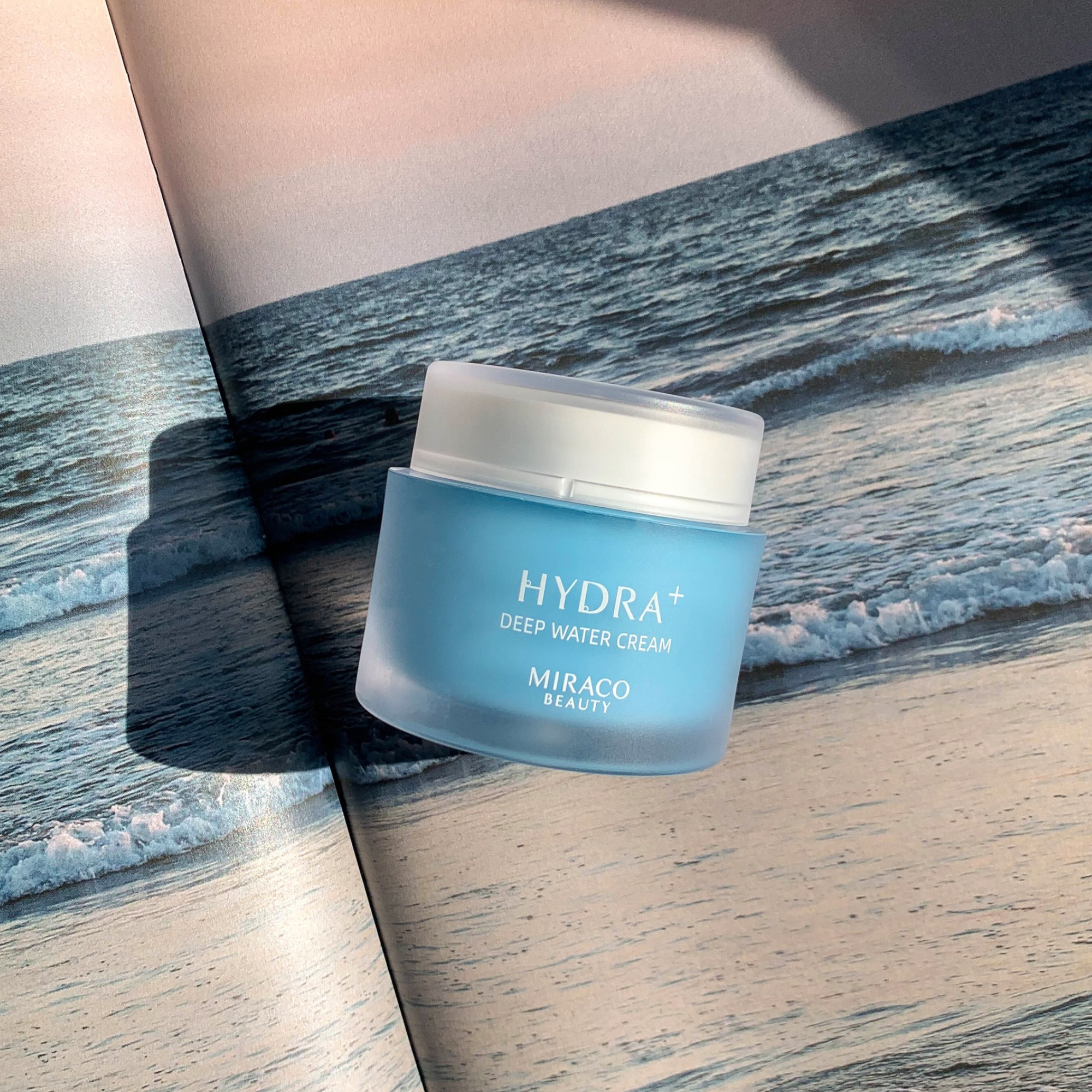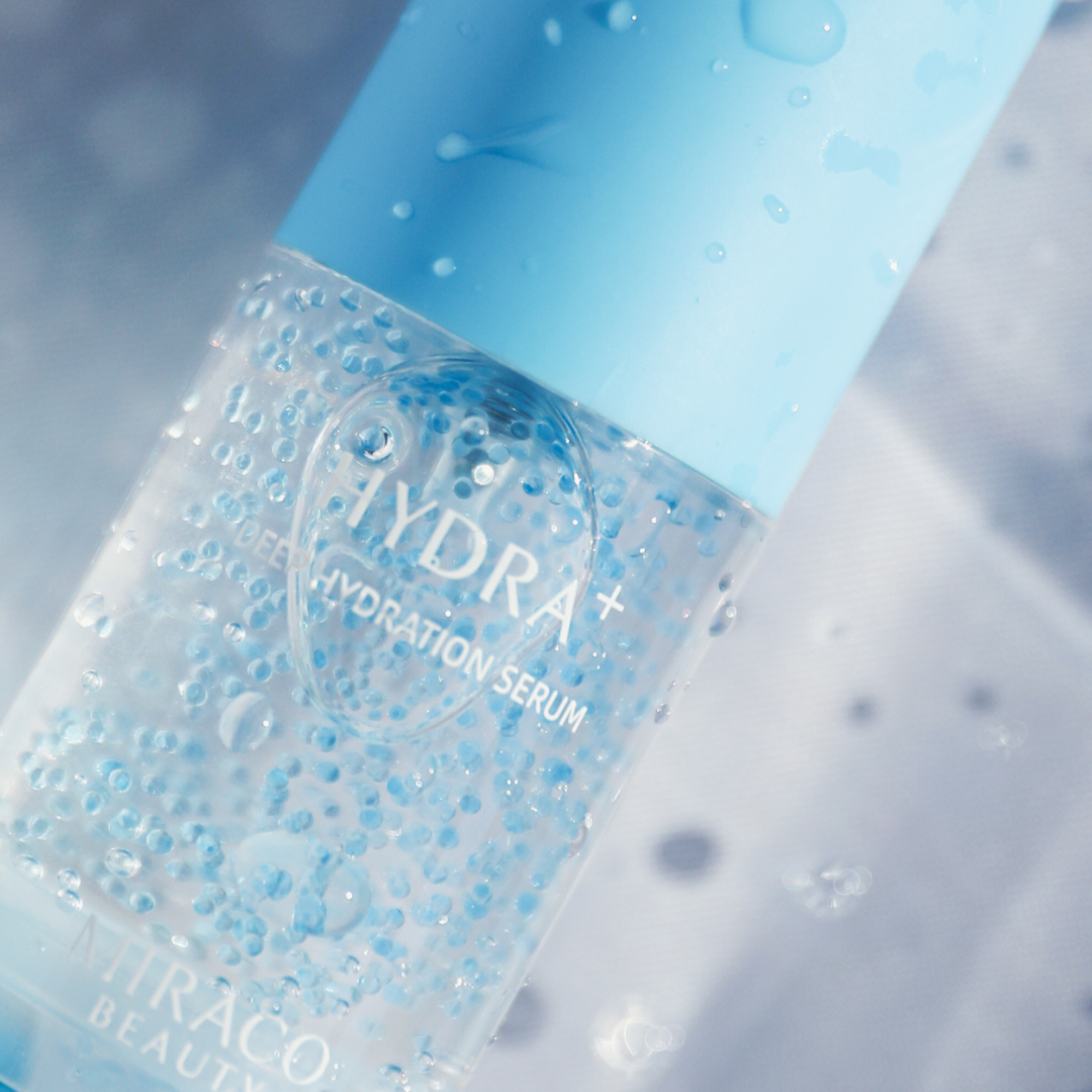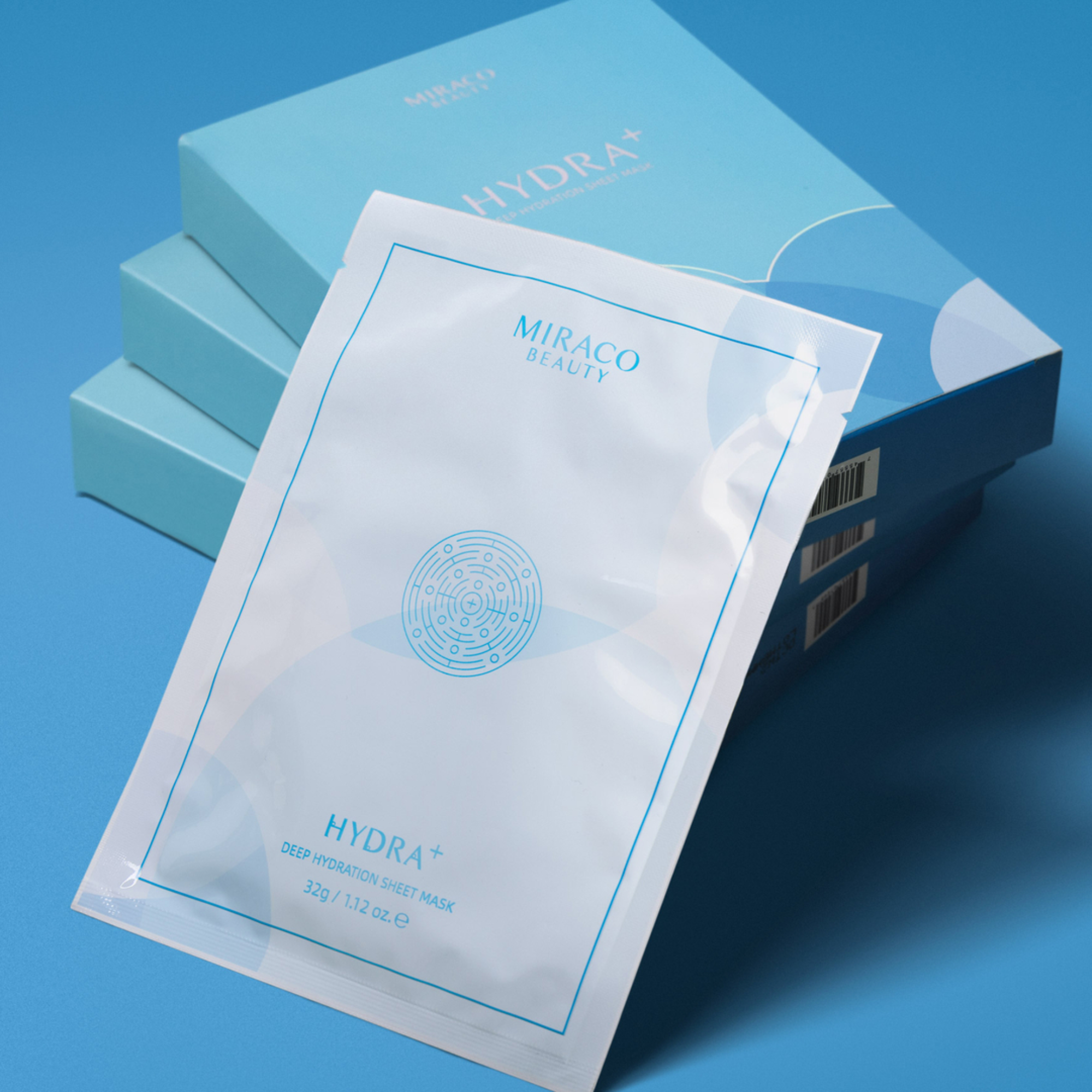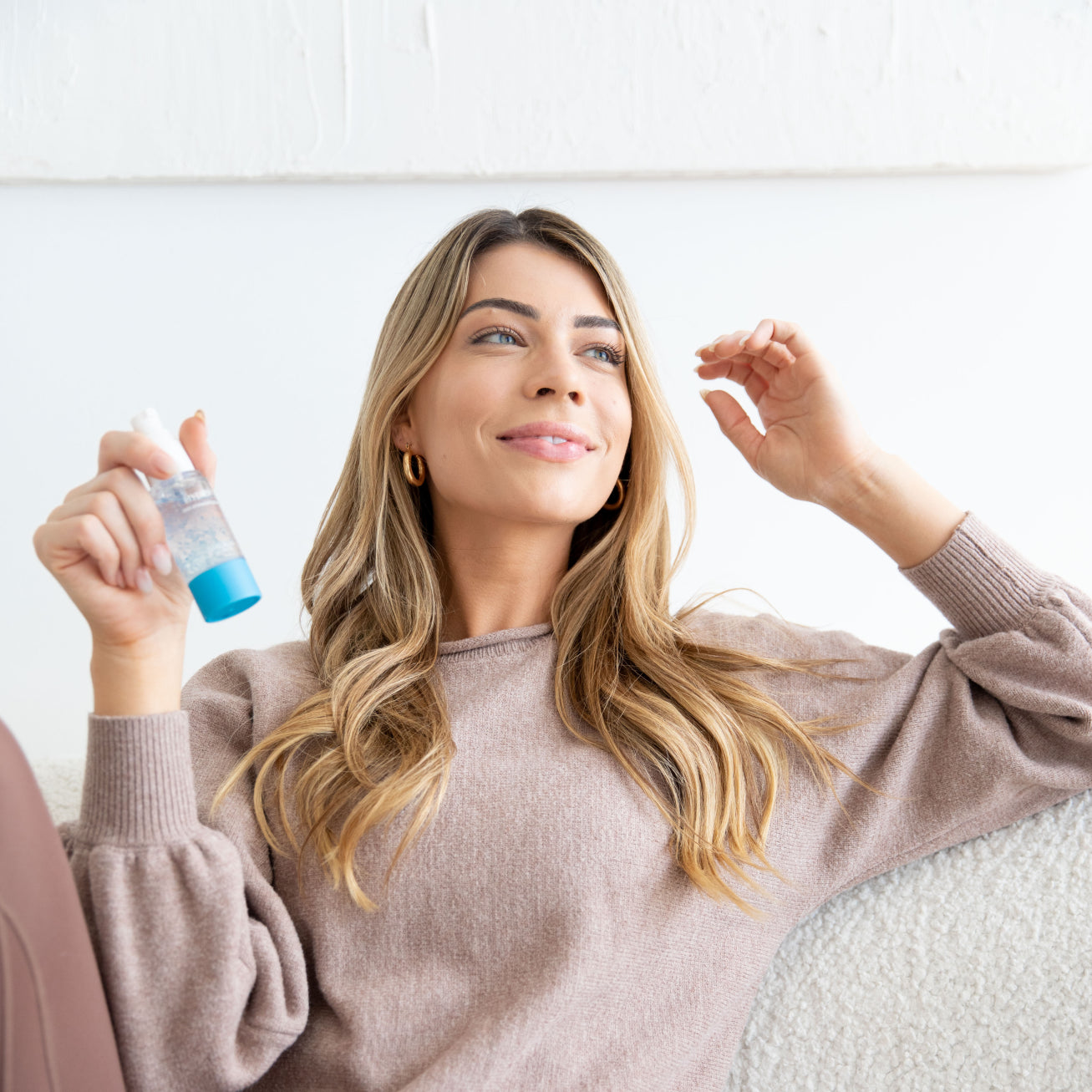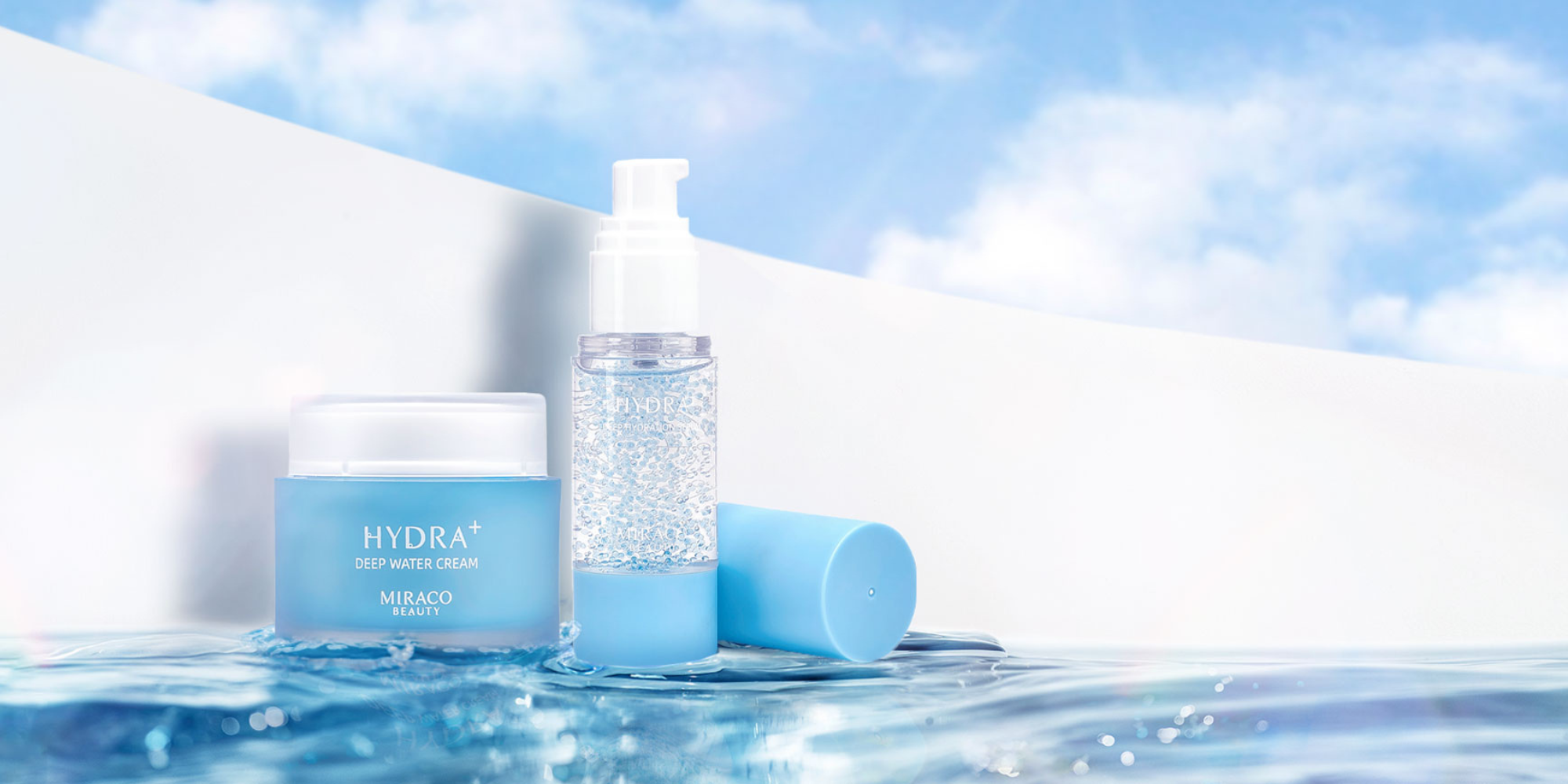What is Skin Pigmentation?
Pigmentation refers to colors and hues. Skin pigmentation is the unique coloration of our skin, which is determined by the presence and distribution of a pigment called melanin. Skin pigmentation plays a vital role in protecting our skin from the harmful effects of ultraviolet (UV) radiation, as it helps to absorb and disperse UV rays. However, when melanin production becomes uneven or excessive, it can lead to common skin disorders which affect the coloring of your skin and are caused by genetics, UV exposure, and skin damage.

Hyperpigmentation
Hyperpigmentation occurs when extra melanin occurs in certain areas of the skin, making the skin darker and uneven. Extra melanin can appear brown, black, gray, or red. When the melanin clumps, it can cause the area to appear even darker. Hyperpigmentation can be caused by genetics, hormones, sun damage, injury to the skin (specifically blemishes, acne, cuts, and burns).
Hormonal Hyperpigmentation
Changes in the balance of estrogen and progesterone levels can cause physiological changes, like hyperpigmentation to the skin. For example, skin hyperpigmentation is very common during pregnancy. Underlying hormonal conditions like thyroid and Addison’s disease can also contribute to hyperpigmentation due to an excess of adrenocorticotropic hormones. Menopausal hyperpigmentation also develops through menopause, as there is a significant decline in the production of estrogen. Estrogen plays a crucial role in maintaining skin health and regulating melanin production.
Age Spots (Lentigines)
As we age, we develop age spots, also known as liver spots. However, some people have hereditary dispositions to age spots. These spots occur when the epidermis expands and develops what typically looks like a freckle. These may even start off as a small freckle and expand overtime if proper sun protection isn’t followed. Age spots are noncancerous, but if you ever have any doubts it's advised to consult with your dermatologist.

Melasma
Melasma, often referred to as the "mask of pregnancy," is a common skin concern that manifests as brown or gray-brown patches on the face, particularly on the forehead, cheeks, and upper lip. This condition is associated with hormonal changes, most commonly during pregnancy, but it can also be triggered by factors like birth control pills or menopause. To effectively manage melasma, sun protection is paramount. Broad-spectrum sunscreen, protective clothing, and a good skin routine is essential.

Dark Circles
Dark circles, those shadowy crescents under the eyes, are a common concern affecting many individuals. They typically appear as areas of discoloration, ranging from bluish to brownish hues, and can result from a variety of factors. Sleep deprivation, chronic fatigue, and genetics can contribute to the appearance of dark circles, as can thinning skin due to aging, making underlying blood vessels and pigmentation more visible. Pigmented dark circles are the result of excess melanin production. Treating dark circles often involves a multifaceted approach, including adequate rest, proper hydration, and the use of skincare products designed to target specific causes of discoloration.
Skin Pigmentation FAQs
What Causes Hyperpigmentation?
Sun exposure is a major contributor, as UV radiation can stimulate melanin production and lead to dark spots. Other common causes include hormonal changes, inflammation (like acne or skin injuries), genetics, and certain medications.
How can I get rid of dark spots on my face?
To effectively get rid of dark spots on your face, consider using skincare products containing ingredients like hydroquinone, retinoids, or vitamin C, which can help lighten the spots over time. Additionally, consistent sun protection with broad-spectrum sunscreen is essential to prevent further darkening and allow the products to work effectively.
What is the best skincare routine for uneven skin tone?
AM Routine
Treatment -
- HYDRA+ Deep Hydration Serum (think of this as a booster for your skincare routine, especially skin treatments).
- Glycolic, Azealiac, or Mandelic Acid Serum
- Vitamin C Serum (look for tetrahexyldecyl ascorbate based vitamin C)
- Moisturizer
- Eye Cream
PM Routine
- Soft, nourishing and balancing cleanser
- Niacinamide Toner
- Treatment
-
HYDRA+ Deep Hydration Serum (think of this as a booster for your skincare routine, especially skin treatments).
- Retinol (1-2 times a week max)
- Moisturizer (If you have sensitive skin, try sandwiching your moisturizer before applying the retinol)
- Eye Cream
- For an extra boost of moisture and repairing benefits, add the Supreme Dry Oil

